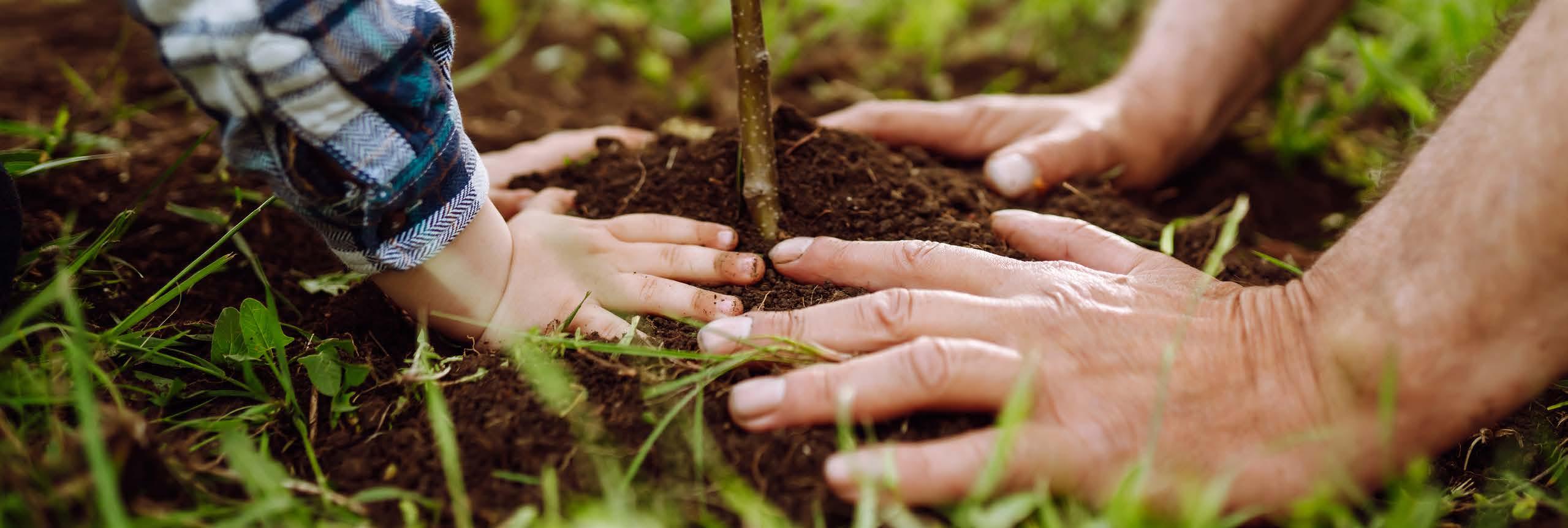
Biblically-Rooted & Empirically-Confirmed Practices
Community
"They devoted themselves to the apostles’ teaching and to fellowship, to the breaking of bread and to prayer.” –Acts 2:42
Loneliness has risen dramatically in recent decades. This carries severe consequences for human health, from anxiety to aggression to physical disease. A 2015 study found the impact of regular loneliness equaled smoking 15 cigarettes each day. In contrast, relational connection with others benefits mental health and other measures of well-being at every stage of life, from neural development in infants to resilience in youth to life satisfaction and longevity in later years. People who regularly attend religious services have less stress and a 55% decrease in mortality and notably lower “deaths of despair,” including suicide.
Singing & Worship
“…With singing lips, my mouth will praise You.” –Psalm 63:5
Studies reveal that singing reduces stress hormones, elevates the immune system, increases endorphins and pain tolerance, stimulates feelings of well-being and connection to others, prevents depression, and boosts mood and other mental health outcomes. Likewise, worship of God – alongside its spiritual significance – is shown to carry great benefit to psychological, physical, and relational well-being also.
Prayer
“Be anxious for nothing, but in everything, by prayer and petition, with thanksgiving, present your requests to God. And the peace of God…will guard your hearts…” –Philippians 4:6-7
Scripture presents prayer as an act pregnant with meaning and power. It aligns our will with God’s and invites His concrete action. Yet studies suggest that prayer – particularly to a God who is loving and good – carries other effects, too. These include increased optimism and less depression, greater emotional regulation, and decreases in anxiety, stress response, and anxiety-related disorders, including worry, fear, and social anxiety.
Receiving God's Gifts in Nature
“The heavens declare the glory of God, the skies proclaim the work of His hands.” –Psalm 19:1
Humans receive a vast array of gifts from time in nature, including reduced blood pressure and muscle tension…boosted cognition and creativity…reductions in anxiety and depression…decreased need for mental health medications…and much more. A 2020 meta-study found that as little as ten minutes in a natural setting can “significantly and positively” boost mental well-being. These effects endure, with children who spend significant time in nature having measurably more positive mental health as adults.
Giving Thanks
“Always give thanks to God the Father for everything…” –Ephesians 5:20
The simple act of expressing gratitude carries diverse and powerful benefits. These include reduced anxiety, and depression; greater happiness and emotional well-being; improved sleep; increased enthusiasm, energy, and attentiveness; better physical health – both subjectively and objectively; stronger connections with others and a happier marriage; increased resilience and capacity to overcome trauma, and much more. Remarkably, practices of gratitude producing these outcomes are often simple daily or once-a-week practices. In one study, just writing a few sentences of thanks weekly boosted happiness and reduced physical pains and doctor visits.
Serving Others
“…Use whatever gift you have received to serve others…” –1 Peter 4:10
Christians worship a self-giving God, who calls us to do the same. Alongside the good this brings to others, great benefit comes to givers also. Studies now give empirical affirmation to Jesus’ words, “It is more blessed to give than to receive.” Even very small acts of service can reduce social anxiety, boost happiness, well-being, life satisfaction, and more.


